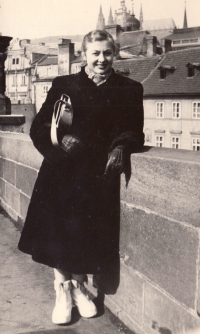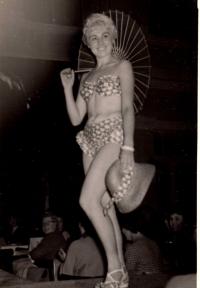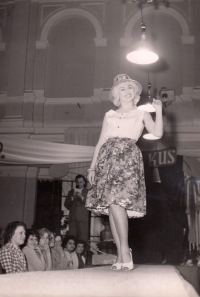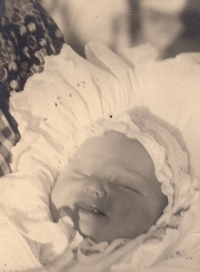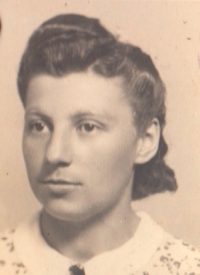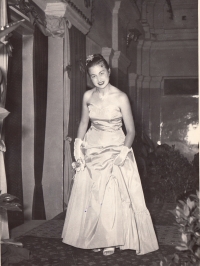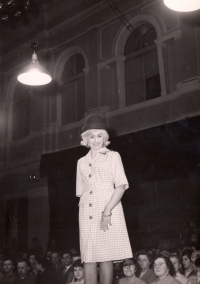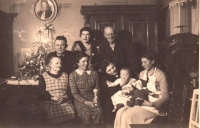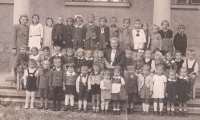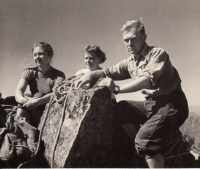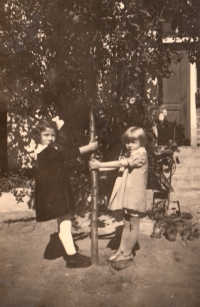Every hardship in life made me stronger

Download image
Edita Reinold was born on 29 May 1937 in Znojmo to parents Jindřich and Hana Reinold. Being a German, her father fought during the war on Hitler’s side. Her mother took care of her and two more children. After the war, all their property was confiscated. Part of the family was subsequently deported and those who stayed, including Edita, had to wear a white armband. They were hardly served in shops, they were spat at shamelessly in the street, and the witness had to be accompanied by her grandfather on the way to and from school, otherwise the other children would beat her up. But even later life was not kind to her. After her mother’s death, she and her siblings experienced her father’s violent behaviour. In addition to her German origin, her background report got worse after she had distributed anti-occupation printed material in August 1968. Despite the hardship she experienced, the witness is still brimming with energy and optimism. At the time of filming (2020) she was living in Brno.
